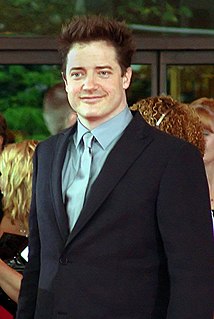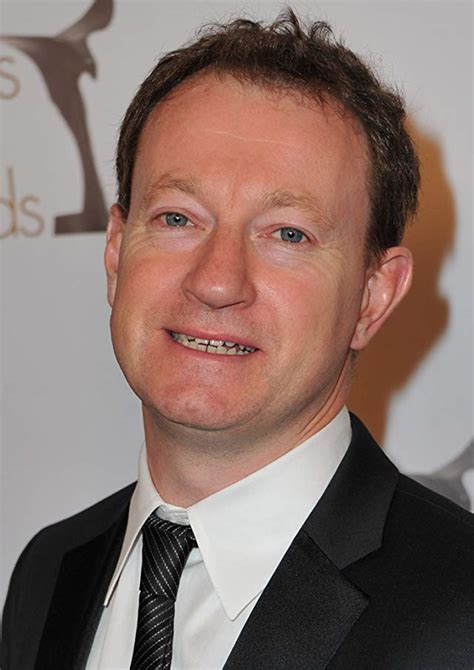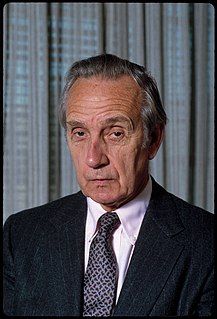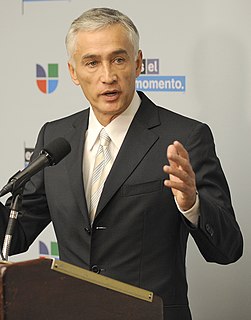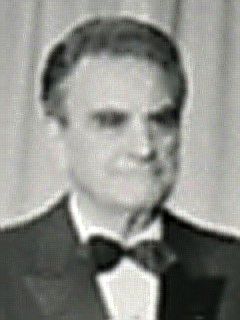A Quote by Brendan Fraser
The test audience holds a great deal of power in the process of filmmaking in the United States.
Quote Topics
Related Quotes
The mythology about the UN is absolutely breathtaking. People believe it costs a great deal of money to the United States. Completely untrue: it doesn't. The United States makes a net gain. People believe it's a world government, although the UN is a pathetically weak organization which improvises in emergencies to try to prevent the worst from happening.
The Italian journalist Oriana Fallaci used to say that for her, an interview was like a war. I get the sense that we've forgotten that here in the United States. You turn on the TV, and you see very bland interviews. Journalists in the United States are very cozy with power, very close to those in power.
I'm representing the United States. And I'm representing the United States, and my office is representing the United States day after day in front of the court. And I think it's the right thing to do, to carry that out with some dignity and some respect for the process and respect for the institution. And so that led me to just, you know, move the dial a little bit in the direction of calmness.
